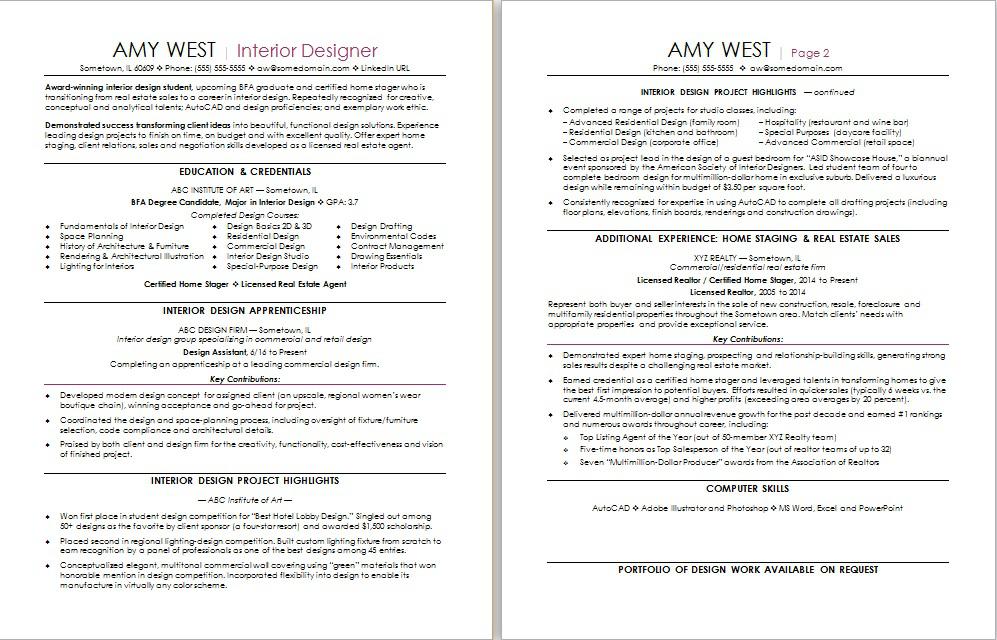
Employers are often looking for transferable skills when hiring employees. These skills could include adaptability to a new environment, leadership and teamwork skills. They also look for moral and ethical values. Employers use a variety of methods to assess applicants' transferability. Make sure that your resume highlights transferable abilities.
Employers are looking for candidates with transferable skills
These skills can be applied in other industries. These skills can include data analysis, writing, research and writing. You can easily transfer your marketing skills between industries if they are at the right level. These skills could include the ability and willingness to work with diverse products, demographics, and services. Writing skills are necessary for communication, product descriptions, copywriting, sales pitches, and general communication.
Many employers look for people who can transfer their skills. Soft skills can be learned quickly and will help a person to advance in the company. An asset for any company is the ability to manage people.

They evaluate a person’s ability to adapt in a new setting.
Transferability of skills refers to the ability to transfer one's knowledge and experiences to other situations. This ability is vital when searching for a job or restarting your career. You can develop transferable skills through volunteering, school, and community activities. You can also develop them by being part of a team or taking on leadership roles. In today's world of start-up companies and multiple careers, hiring managers are seeking individuals who can adapt to new work situations quickly and successfully.
Problem-solving is one of the most transferable skills. It involves the ability to identify and solve problems, as well as the ability to create a plan to conquer them. These skills are important for any career path and can help someone succeed in every job. Make a self-inventory to determine if you have transferable skills. This self-assessment will help you determine which skills you already possess and how you can use them in a new situation.
They value leadership and teamwork skills.
Some employers are more concerned with transferable skills than formal education in the business world. Many bosses are familiar with stories about people who possess great credentials but lack the transferable skills that they need to succeed. These words, such as "teamwork" and "leadership", are more than just a slogan. They are valuable assets that will help you land the job of your dreams.
It is essential to be able to communicate with people and make them understand. This requires understanding the motivations and needs of others. Great team players are those who have empathy and can listen well. They can also build relationships with others and resolve disputes.

They consider ethical and moral values
Moral and ethical value are subjective. Each person will have a different definition. Ethical values define the standard by which we live. One example is that it is not acceptable to kill a child because of love. Another example is lying to another person. Although moral values vary across cultures, they can be consistent in certain situations. For professionals, it is expected that they follow an ethics code in their work.
Moral values are important because they regulate social behavior. They can be divided into two types: individualizing or binding values, which regulate personal behavior, and individualizing value that govern collective behavior. It is possible that the different types of moral values have different importance depending on their social context. For example, people may give more importance to binding values when they are around their close friends and family, while they may place greater value on individualizing values when they are alone.